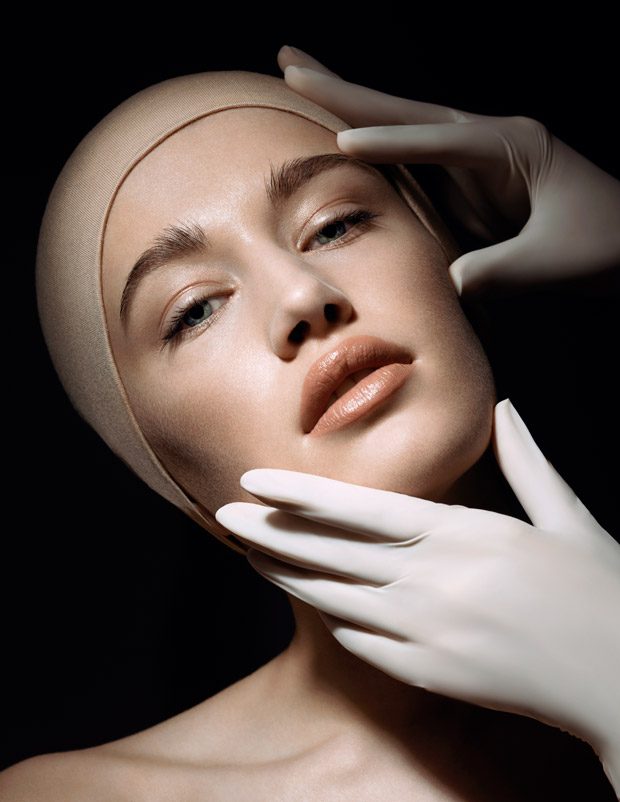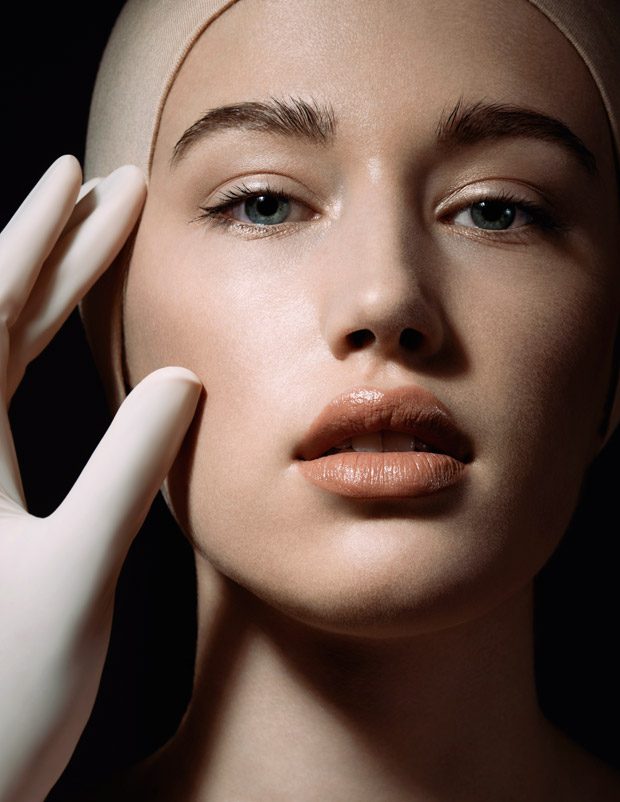
Many people driven by beauty think about pursuing a career in related fields. The beauty sector presents more than simply skincare and cosmetics; it also covers clinical professions combining science, aesthetics, and medicine. Whether your preferred skincare treatments are cosmetic surgery or dermatology, there are several paths to a fulfilling career in the clinical beauty industry.
Investigating professional beauty careers
If you want to work in beauty and enjoy it, the first step is investigating several career routes. Roles in the clinical beauty sector range from medical aestheticians to dermatology assistants, cosmetic nurses, and even plastic surgery consultants. These professions combine science with art to assist clients in meeting their cosmetic goals while preserving skin integrity. Consider your interests, preferred workplace, and long-term objectives to choose the appropriate path forward.
Many clinical beauty professions require official education and certification. Medical professionals, particularly those in aesthetic medicine, can negotiate employment prospects through websites such as MASC Medical. Investigating training courses and necessary credentials will guide your professional choice.
Seeking correct training and education
Jobs in clinical beauty sometimes call for formal schooling. While conventional beauty experts might finish cosmetology school, clinical experts require more medical knowledge. Your job path will determine whether you need to sign up for specific courses, including:
- Advanced skincare treatments like medical-grade facials, laser therapy, and chemical peels are taught in medical aesthetician training.
- Cosmetic nurses support plastic surgeons and help with dermatology treatments and injectables.
- Skincare certification and dermatology teach clinical treatments, skin health, and skin disorders.
- Plastic surgery assisting programs educate people to assist surgeons in cosmetic surgeries.
Many of these programs require practical experience and hands-on instruction. To guarantee quality education, investigate licensed, eligible institutions and programs.

Getting practical experience
Any career in clinical beauty calls for practical experience. Many programs combine clinical rotations or internships whereby students collaborate with actual clients under professional direction. Practical experience helps you develop industrial techniques, pick skills, and get confidence.
Ask for assistant positions at plastic surgery offices, dermatology clinics, or medical spas. Working with experts will enable you to learn vital skills and understand daily tasks. Additionally, networking with professionals in the field could result in mentoring and employment possibilities.
Getting certificates and licenses
Most positions in clinical beauty call for either professional certificates or state licensure. State and career types affect regulations, so it is advisable to investigate the criteria in your area. Common certificates consist of:
- Medical aestheticians need licensed aestheticians.
- Certified Aesthetic Nurse Specialist (CANS) for those working in cosmetic surgery.
- Professionals doing laser treatments must have Laser Technician Certification.
- Dermatological Board Certification for those with advanced skincare knowledge.
Certifications improve career opportunities and reputation. Several clinics and medical spas hire licensed professionals to guarantee client safety and treatment quality.
Creating a profitable future in clinical beauty
You can develop your career once you have the required degrees, certificates, and knowledge. While some specialists create private businesses, many work in medical spas, dermatology clinics, or cosmetic surgery offices. Success in clinical beauty calls for ongoing education and industry trend updates.
Advanced training, networking, and attendance at business events will help you broaden your professional options and skill set. Marketing your knowledge on social media, professional portfolios, and client endorsements will also attract companies and possible consumers.
Finally, starting a clinical profession from your passion for beauty is an interesting and fulfilling road. Your medical aesthetics, dermatology, or cosmetic procedures job will be successful if you get the correct education, qualifications, and practical experience. Whether you work in a clinic or manage your practice, the field of clinical beauty offers many chances for development and satisfaction.
Images from Cosmetic by Marina Dean-Francis – See full story here.



